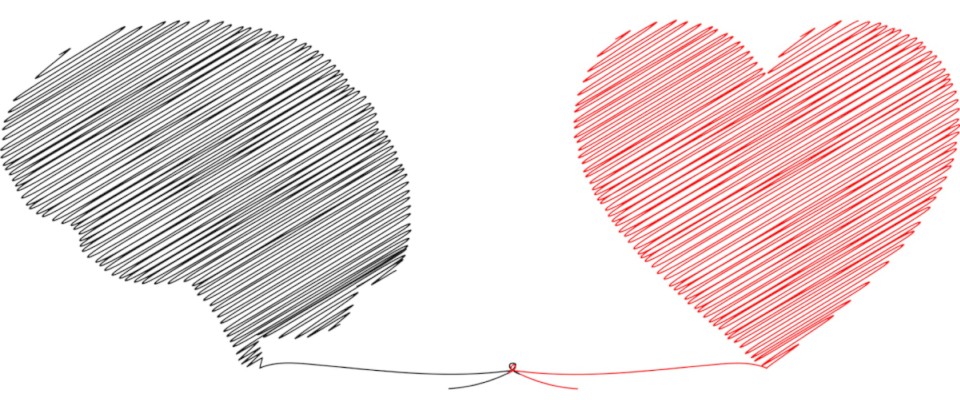The letter below was sent earlier today in response to an automated email I received, asking to re-activate my $8/month membership. The first paragraph is removed—next to a greeting it mostly contains my intention to share the letter with a few other people, and also to publish it here on my blog, so as to avoid any kind of “surprise feedback” later on. The content is a true facsimile (including typos).
Over the past few years, I have tremendously appreciated your voice as a source of hope, courage, and inspiration. Demonstrating publicly the process of “grappling with”, not shying away from what must be reasonably expected difficult topics and, often, negative reactions of part of your audience, has provided me with some of the necessary fuel to go in the same direction.
The reason I decided to cancel my membership is a combination of a financial situation—a home purchase required a close look at my budget, and I came up with a monthly spending reduction goal that had to be met—followed by a need to prioritize where I want to contribute “the most”.
And despite my deep, deep sense of gratitude for the hope, courage, and inspiration you have provided me with, I also sense a decline in interest. I would like to share my best shot at why that is, together with a plea for considering a topic that, so I believe, might help not only rekindle my interest but also help create change where dialog is stuck.
The short of it is this: for anything that you (or one of the people I hope this email will reach) say to matter in the direction of “resolving our differences”, it requires to be absorbed, integrated, and responded to. The alternative response is not so much a true response and instead merely a reaction.
The reason to include Bret Weinstein is, primarily, what I recently perceived as a friction, a potential fault line—and also a potential opportunity to deepen understanding and respect over this conflict. Importantly, I do not believe that talking “about the issue” (COVID related science and health outcomes or consequences for society/humanity) will help, at least not immediately. Why is that?
For that, I would kindly but also “doggedly” (with as much plea as you can possibly perceive) ask that you consider the experience and dynamics of “productive conflict resolution”—both as a neuroscientist and philosopher. Since I am not an expert, I can only give you my very broad take:
Whenever a person, particularly in public discourse, sees their identity—or their work, as something closely related to their identity—threatened, the dialog dynamic undergoes a “tilt” away from happening on eye level to that of “one-up and one-down”, a power gradient, in which the person experiencing the threat will do whatever they can to regain the lost terrain.
The irony of my forwarding this text to a few people and also publishing it on my blog is not lost on me. Even you, Sam Harris, an accomplished scientist and public intellectual, may now have an experience of “defensiveness” around your podcast. How dare I suggest that you are not “doing the best you can?” If you can sense in your body even some motivation to defend your work “as is”—rather than taking in what I say, and considering what it may mean—then the pattern I described above is at work.
I would love to see you, as well as the many other public thinkers I appreciate so much, to consider that so long as we have not found a way to overcome this experience of “being one-down”, which prevents us from fruitful exchange (what John Vervaeke calls Dialogos), we are collectively stuck, each on our islands of convictions.
The first few steps out, to me, seem related to becoming fully aware that this experience of defensiveness is happening, of addressing it—at least in an internal monolog—head-on, with this question: what precisely am I, the living consciousness, defending here?
Similar to the offense taken by group-identity-driven activists—“how dare you criticize my political activism, can’t you see that my morality is superior to yours?”—I believe that offense taken based on other aspects stimulates “the ego”, the identification of thought content with consciousness itself.
Once this becomes apparent, there is a choice: do I want to defend this “ego”? Is it worth defending? And depending on the choice, an entirely new pathway becomes available.
In closing, I am very much looking forward to learning about new content you will provide. For the time being, the topics discussed on your podcast in recent months were certainly interesting as topics, and yet I was not excited enough to listen to many episodes, in part due to my experience that what is really lacking is the dialog on those topics with people who might be “triggered”, and who might trigger you, so that from that conflict can arise an experience of deeper respect and bonding, rather than division.
